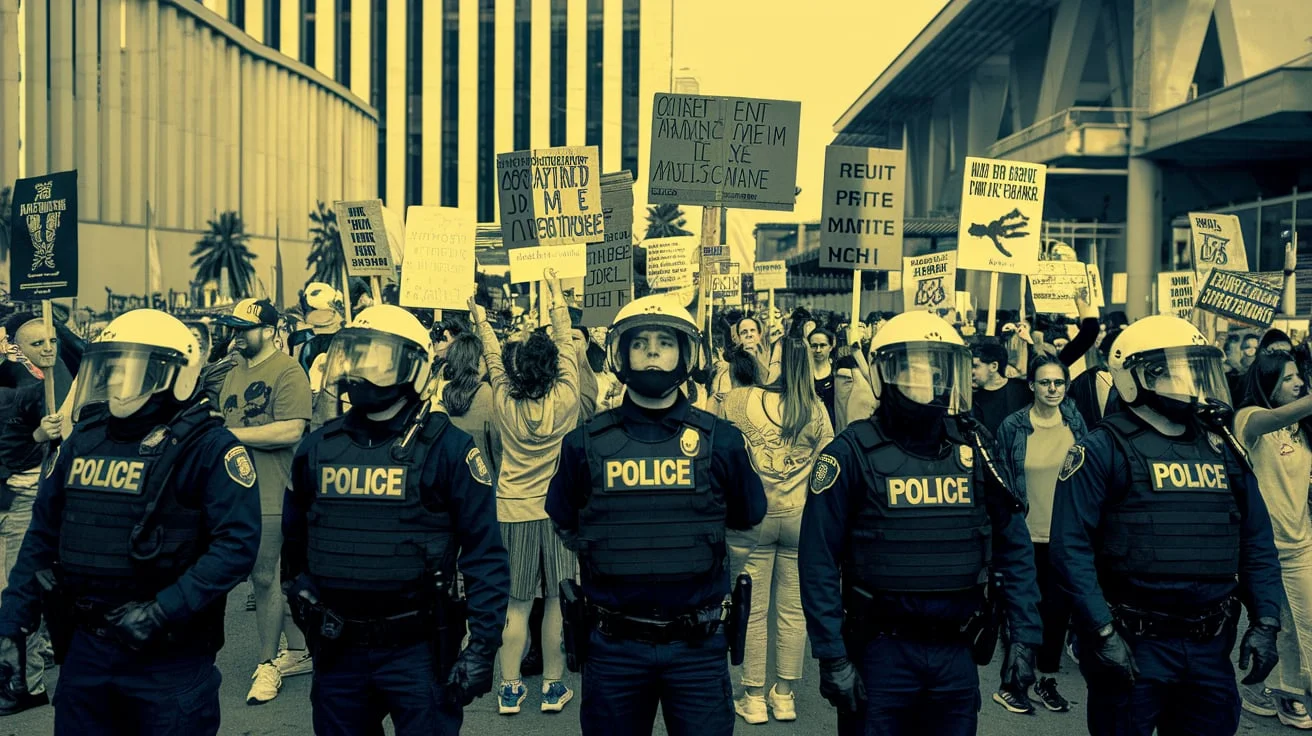The Rising Tensions: Understanding the Implications of the Recent Religious Disputes in India

Recent developments in India have raised significant concerns regarding the balance between religious identities and historical disputes. The surge of legal petitions challenging the authenticity of various religious sites marks a momentous chapter in India's socio-political narrative. This article delves into the complex details of these cases and explores the implications for the country moving forward.
The Background of Religious Disputes
The Places of Worship Act, enacted in 1991, was designed to maintain the religious character of places of worship as they existed on August 15, 1947. Following the Babri Masjid dispute, the Act aimed to prevent any changes that could exacerbate religious tensions in India. However, despite its intentions, a wave of petitions has arisen challenging multiple historical mosques, raising questions about the sanctity of the Act itself and the motives behind these legal actions.
Recent Cases: A Pattern Emerges
As of late 2023, at least six significant legal cases have surfaced, targeting well-known mosques in India. Some notable instances include:
- Shamsi Shahi Mosque, Budaun: A petition claims that this mosque, one of the oldest in India, was built on a site that originally housed a temple dedicated to Lord Neelkanth Mahadev.
- Ajmer Sharif Dargah: Here, another claim has emerged stating it was initially a temple, proposing a name change to Sankat Mochan Mahadev Temple.
- Gyanvapi Mosque in Varanasi: Historically linked to the Kashi Vishwanath temple, this case aims to determine the mosque’s legitimacy through archaeological surveys, implying a possibility of legal acknowledgment that could alter its religious status.
These cases, along with the associated public outcries, have provoked widespread concern regarding communal harmony across the nation. Critically, they emerge in a backdrop of heightened religious identity politics that echo the confrontations of Ayodhya.
Related Posts
The Political Dimension: A Concerning Trend
Political analysts and commentators are pointing out a significant trend that aligns with election cycles, raising suspicions about the timing of these cases. With general elections approaching, many speculate that these legal challenges serve as distractions from pressing economic issues facing the country.
Economic Context: Overhead Shadows
The economic landscape suggests a troubling outlook for the common citizen:
- Consumer Expenditures: Approximately 60% of India's consumer spending goes towards food and energy, leaving little for discretionary spending.
- GDP Performance: India’s GDP has shown a slow rise in personal per capita income, only recently edging closer to the global average position over the decades.
According to analysts, the ruling party appears to depend heavily on religious narratives to distract from the stagnating economic narrative, as development narratives have become untenable.
The Role of the Judiciary
Former Chief Justice of India's involvement has sparked debates over the judicial approach towards historical grievances. The allowance for non-invasive surveys to check the character of places of worship emerged first in the Gyanvapi case, setting a precedent that many fear could undermine the Places of Worship Act.
Legal experts highlight that just as police use loopholes for legal searches, similar tactics are being employed in cases concerning religious disputes, potentially tweaking the spirit of the law in favor of chronological grievances.
Potential Solutions and Implications
Legislative Clarity
One immediate solution could be legislative clarity and reaffirmation of the original intent of the Places of Worship Act. A clear statement from the Chief Justice could help mitigate further legal assault on places with historical significance.
Given the current trajectory, the potential for escalating tensions in cases like Ajmer Sharif Dargah and others could fuel further fragmentation within society. Addressing these matters publicly could help redirect the focus from historical grievances to pressing contemporary issues like economic development, healthcare, and environmental needs.
The Danger of Revisiting History
While understanding historical wrongs is essential, constantly looking back at events from centuries ago could lead to an unhealthy pattern of division.
- Endless Cycle of Disputes: The continuous litigation over religious places can reinforce divisions, prompting fresh claims for every disputed location, potentially leading to unrest obscured under layers of historical claims.
- Economic Backlash: This approach can ultimately distract governance efforts from addressing current issues such as economic policy and public welfare by prolonging the focus on religious identity.
This pattern, if left unchecked, could hold back progress, giving rise to what’s being termed Ayodhya 2.0, a movement that could reshape the social fabric of India for years to come.
Conclusion: A Call for Consciousness
The recent developments concerning the Places of Worship Act and the ensuing legal cases not only threaten to unravel the secular fabric of India but also reflect a dangerous trend towards using historical grievances as a political tool to divert attention from contemporary issues.
Communal harmony comes from recognizing our shared heritage and focusing on building a future that prioritizes economic wellbeing and unity. The decisions made today regarding the narratives we choose to engage with will profoundly influence India's socio-political landscape in the upcoming decades.
As engaged citizens, it is imperative to advocate for a discourse focused on progress and inclusivity rather than division and historical grievance. Let's work towards fostering an environment of understanding and cooperation, ensuring that past conflicts do not dictate our shared future.
If you found this article informative, consider sharing it with others to raise awareness about the ongoing challenges and encourage meaningful discussion around the future of communal harmony in India.


